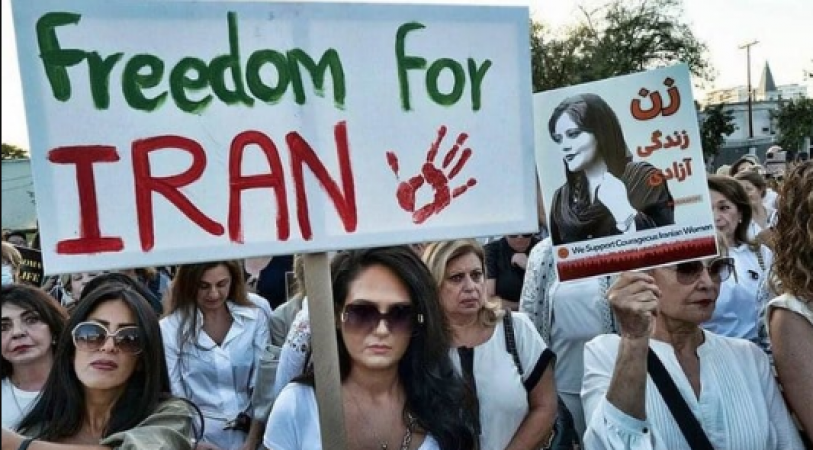
Tehran: Cities in western Iran went on strike on Wednesday, showing solidarity with mourners 40 days after dozens of security forces were killed in protests in the country's conflict-torn southeast, according to a rights group.
Security forces opened fire on protesters on September 30 after weekly prayers in Zahedan, the provincial capital of the volatile Sistan-Baluchistan region on Iran's border with Pakistan.
It comes two weeks after protests erupted across Iran in response to the death of Mahsa Amini, a 22-year-old Iranian woman of Kurdish descent who was detained in Tehran for allegedly breaking a strict dress code for women. was. was murdered.
Also Read: Putin supporter Patrushev visits Iran for talks
On Wednesday, widespread attacks were taking place in the Kurdish western cities of Baneh, Kermanshah, Marivan, Sanandaj and Amini's hometown of Sakez, according to the Norway-based Hungau human rights organization.
According to Hango, which tracks abuses in Kurdish regions, the pause was held "in solidarity with the deaths in Zahedan on the 40th day of the death ceremony".
The alleged rape by a police commander of a 15-year-old girl while being held captive in the province's port city of Chabahar acted as a catalyst for violence in Zahedan on 30 September.
In the massacre known as "Bloody Friday", security forces opened fire on men who fled mosques for weekly prayers and fled into the streets, killing dozens.
Hangou said that in accordance with international law, what happened in Zahedan that Friday was a clear case of mass murder of civilians.
"International organizations and Western governments must acknowledge this mass murder," it tweeted.
Also Read: Iran executes two men found guilty of killing police in 2016
According to the Oslo-based organization Iran Human Rights, there have been at least 118 deaths in the Sistan-Baluchistan province since that time. According to the Iranian government, six security personnel have been killed.
One of the few Sunni-majority cities in Iran, which is a predominantly Shia country, is Zahedan.
Poverty-stricken Sistan-Balochistan province often sees conflict between insurgents from the Baluchi minority and Sunni extremist groups.
Activists have long claimed that Iran's Shia clerical leadership discriminates against the Baloch ethnic group, which is brutally executed and hanged every year in conflicts.
The news of the latest hanging came to light on Wednesday.
Rashid Baloch and Ishaq Askani, two men convicted of killing four police officers in 2016, were hanged on Tuesday, according to the judiciary's Mizan online website.
They allegedly belonged to the terrorist organization Jaish al-Adl (Army of Justice).